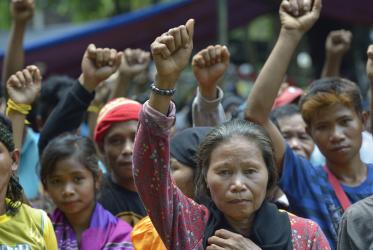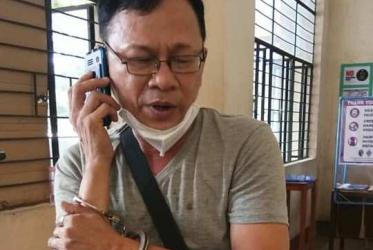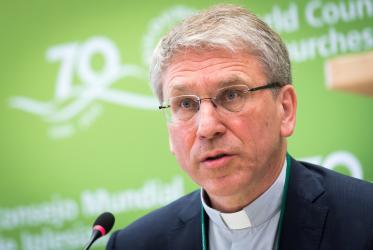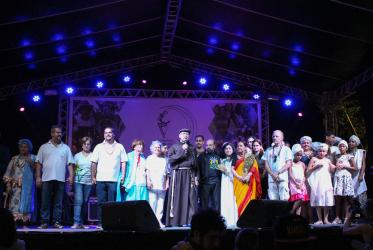Displaying 1 - 20 of 42
WCC organises event on “The Human Rights Situation in the Philippines”
18 September 2019
Voices from Colombia: “What if we have no land to till?”
15 February 2018
In Argentina, stirring journey for human rights continues
01 September 2017
Continúa el emotivo viaje por los derechos humanos en la Argentina
01 September 2017








